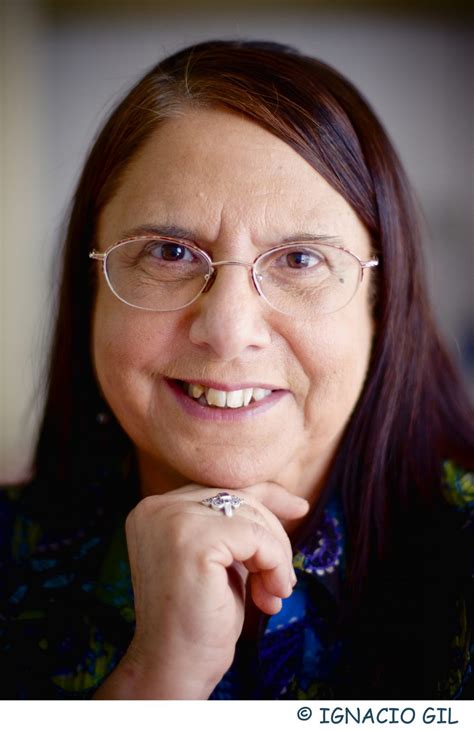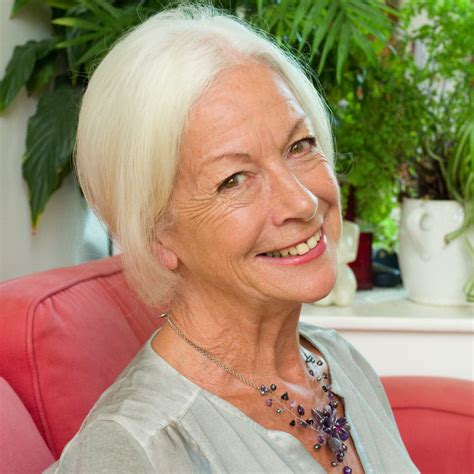A Quote by Thomas Crum
The number one goal in resolving a conflict is to make sure both sides maintain their self-esteem. Resolving conflict is rarely about who is right. It is about acknowledgment and appreciation of differences.
Related Quotes
The purpose of formulating [a] conflict as a game is not that of resolving the conflict by 'solving the game.' It is that of displaying the structure of the conflict and thereby exposing features of it that may be concealed by rhetoric. In particular, appreciation of the peculiar structure of some of the so-called mixed - motive conflicts represented nonzero-sum games may change the conflicting parties' perception of their situation.
Emotional intelligence in the work that we do, in the Resolving Conflict Creatively Program, is about equipping young people with the kinds of skills they need to both identify and manage their emotions, to communicate those emotions effectively, and to resolve conflict nonviolently. So it's a whole set of skills and competencies that, for us, fall under the umbrella of emotional intelligence.
When you have a conflict, that means that there are truths that have to be addressed on each side of the conflict. And when you have a conflict, then it's an educational process to try to resolve the conflict. And to resolve that, you have to get people on both sides of the conflict involved so that they can dialogue.
The need to express oneself in writing springs from a mal-adjustment to life, or from an inner conflict which the adolescent (or the grown man) cannot resolve in action. Those to whom action comes as easily as breathing rarely feel the need to break loose from the real, to rise above, and describe it... I do not mean that it is enough to be maladjusted to become a great writer, but writing is, for some, a method of resolving a conflict, provided they have the necessary talent.
Empathy is like a universal solvent. Any problem immersed in empathy becomes soluble. It is effective as a way of anticipating and resolving interpersonal problems, whether this is a marital conflict, an international conflict, a problem at work, difficulties in a friendship, political deadlocks, a family dispute, or a problem with a neighbor.
If an agency is the ultimate judge in every case of conflict, then it is also judge in all conflicts involving itself. Consequently, instead of merely preventing and resolving conflict, a monopolist of ultimate decision making will also cause and provoke conflict in order to settle it to his own advantage. That is, if one can only appeal to the state for justice, justice will be perverted in the favor of the state, constitutions and supreme courts notwithstanding.
We found out that the young people who had a substantial number of lessons in the Resolving Conflict Creatively Curriculum ... not only did better in terms of people skills, that they managed their emotions, they were less violent and more caring, but they actually did better on their academic achievement tests.






























